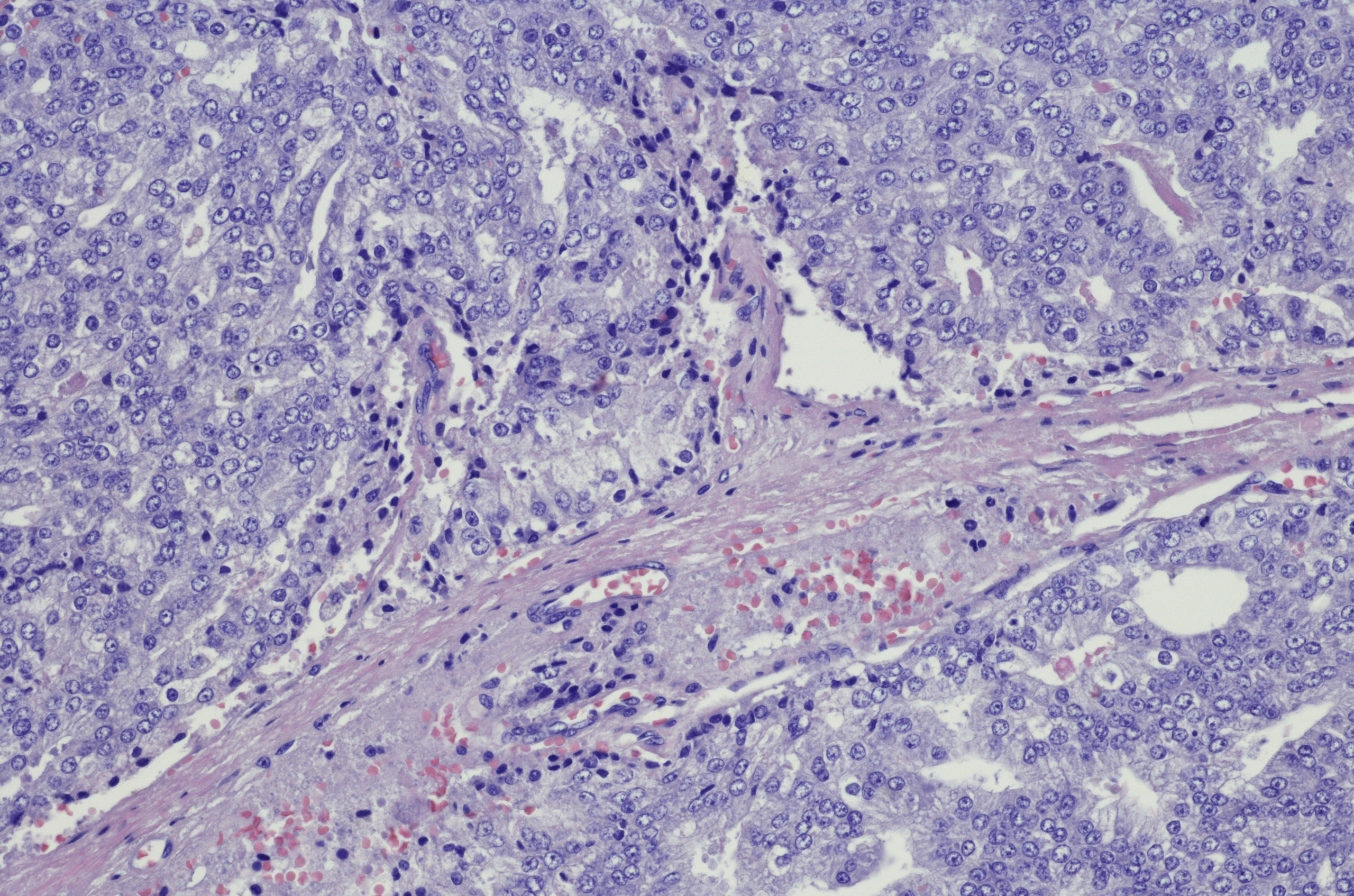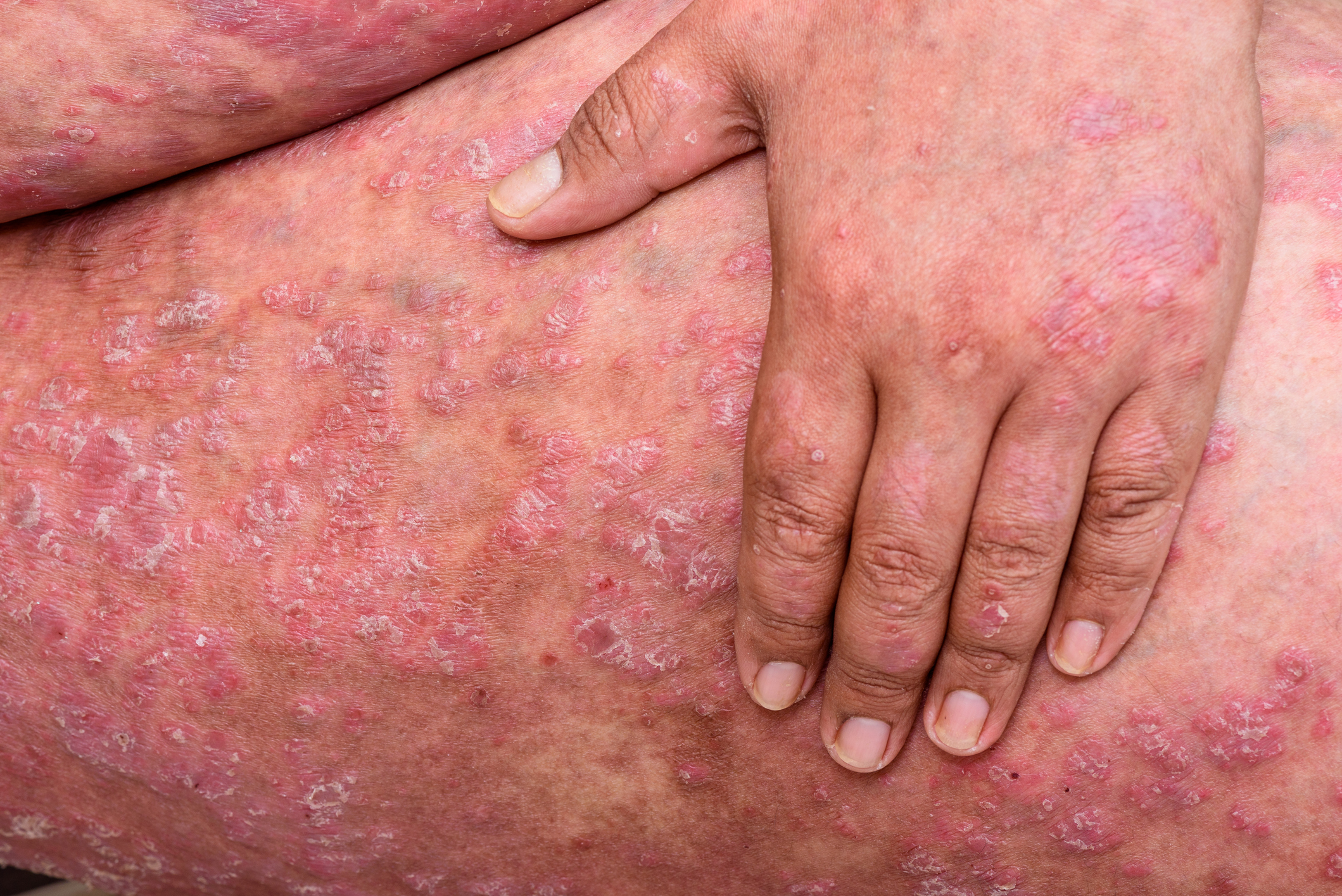A 55-year-old patient, who has had type 2 diabetes mellitus for 15 years, has adverse reactions to a wide variety of antidiabetic drugs that require a change in treatment. In addition, there is a sensitive neurologic syndrome possibly related to his diabetes.
Background
A 55-year-old self-employed panel layer presented to the family physician’s office for a checkup. He suffered from type 2 diabetes mellitus, which had already been diagnosed in 2005. After weight loss, the patient initially exhibited normal blood glucose levels (euglycemia) for two years even without medication. However, as the disease progressed, the HbA1c level increased and required drug treatment. The patient was a smoker and had already consumed cigarettes to the extent of 50 pack-years by 2008.
Anamnesis and diagnostics
The patient had been suffering from an unclear sensory neurological syndrome for some time. In 1984, he developed paresis of the left arm due to an unknown cause, but it regressed spontaneously. In July 2013, a small osteodiscal narrowing of the neuroforamen between the 5. and 6th cervical vertebral body noted on the left side, but with no apparent root compression. Around 2009, the patient reported seeing double vision. However, these disappeared in temporal relation to relaxing physiotherapy in the neck, so they may have been related to the cervical rib. After an extensive work-up in October 2014, it was assumed that the complaints were most likely due to carpal tunnel syndrome, which was more pronounced on the right side than on the left, and meralgia paraesthetica on the right. However, other localizations of sensory disturbances, such as the feet on both sides, were no longer included in the assessment. In addition to neurologic symptoms, no nephropathy or retinopathy was detected.
Therapy
When drug treatment for type 2 diabetes mellitus became necessary, the patient initially received metformin (500 mg, once daily). However, he reacted to this with massive diarrhea, which did not improve even after several attempts at therapy. He also showed some intolerance to treatment with some SGLT-2 inhibitors. Thus, he suffered from recurrent genital mycoses and developed generalized pruritus in response to dapagliflozin (Forxiga®). Therapy with insulin glargine (Abasaglar®) also had to be stopped, as he reacted to this with a home stroke. The patient refused baseline bolus therapy, as well as short-acting insulin. At this time, the patient had a weight of 93 kg (BMI 30 kg/m2) and his HbA1c level was 9.1%.
The patient’s diabetes treatment was changed due to the various intolerances. Thus, he is currently receiving a different insulin glargine preparation (Lantus®, 20 units, once in the morning), the GLP-1 receptor agonist liraglutide combined with insulin degludec (Xultophy®, 1.8 mg/50 units, once in the evening), the sulfonylurea glimepiride (Glimeryl-Mepha®, 6 mg, once daily), and the SGLT-2 inhibitor canagliflozin (Invokana®, 300 mg, once daily).
In addition, the patient was treated with acetylsalicylic acid (100 mg, once daily) and atorvastatin (20 mg, once daily), and propranolol (Inderal®, 40 mg) as needed. Furthermore, the patient had fluconazole capsules (Fluconazol Helvepharm®, 150 mg) in reserve to treat any candidiasis of the mucous membranes.
Present situation
With the current treatments, the patient’s diabetes has been well controlled and the current HbA1c level is 7.7% with a weight of 91 kg (BMI 29 kg/m2). So far, the therapy is well tolerated and the patient has fortunately hardly any more mycotic episodes under canagliflozin. In addition, neurologic symptoms were regressed during the course of treatment, possibly due to the therapy for diabetes mellitus.
|
Author: Christoph Hollenstein Sarbach, MD, with editorial assistance from Dr. rer. nat. Christin Döring, IACULIS GmbH. Copyright and responsibility for the content of the patient case rests exclusively with the author.
| Do you also have an interesting diabetes case?
Then join us and submit a patient case! Our editorial team looks forward to receiving your email at diabetescases@medizinonline.ch |



 Comment by Christoph Hollenstein Sarbach, M.D.
Comment by Christoph Hollenstein Sarbach, M.D.








